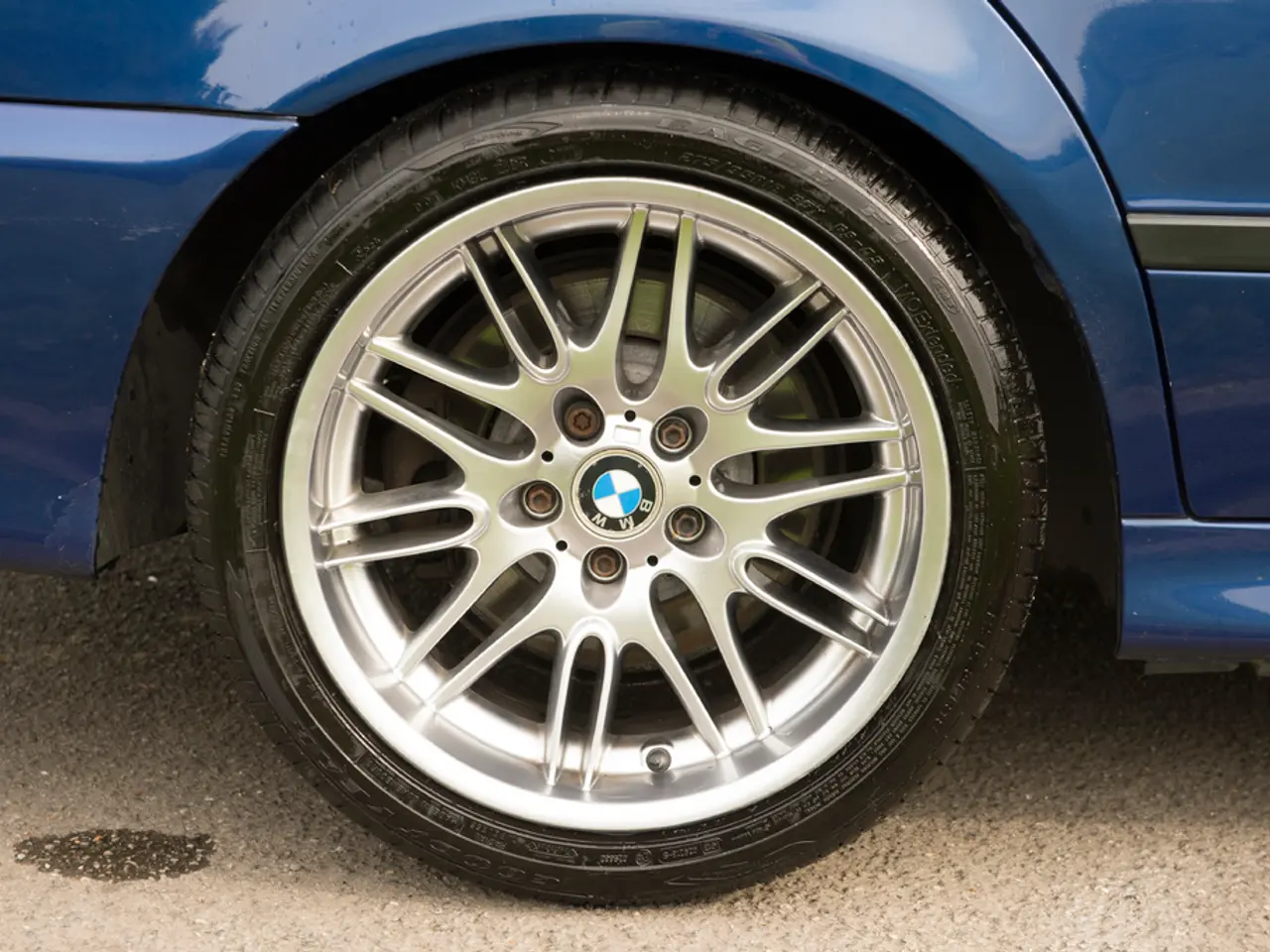EVs Require Special Tyres for Weight, Performance, and Noise
Electric vehicles (EVs) are heavier due to their batteries, requiring stronger tyres. These tyres differ from those used in traditional cars and come with unique considerations.
EV tyres must handle greater weight and forces, so they are designed to be robust and durable. Regular maintenance, including tyre rotation, correct inflation, and alignment checks, is crucial to maintain their health and longevity.
These tyres are also designed to be almost silent, reducing cabin noise. They have low rolling resistance to enhance EV range by minimising energy loss. However, they typically cost more due to fewer sales and higher research and development costs.
While EVs can technically use traditional tyres if they meet the manufacturer's weight load and speed rating, EV-specific tyres offer better performance and less noise. They should last between 25,000-40,000km, depending on the tyre size, and a moderate driving style along with regular maintenance can maximise their lifespan.
In summary, EVs require specific tyres to handle their weight and forces. These tyres, while more expensive, offer better performance and less noise. Regular maintenance is key to maximising their lifespan. Despite the differences, EVs can technically use traditional tyres if they meet the manufacturer's specifications.
Read also:
- Hematology specialist and anemia treatment: The role of a hematologist in managing anemia conditions
- A Week in Pixelized Realm: The Transformation of the World in Digital Form
- SpaceX & T-Mobile Activate Starlink for Hurricane Helene Connectivity
- Proposing Regulation Against Electric Vehicles Parking on Sidewalks







